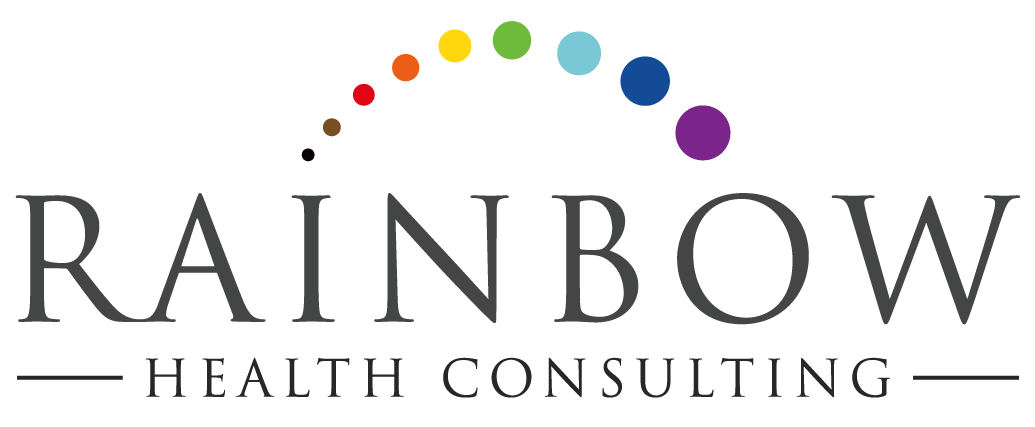Improving the Relationship Between Black LGBTQ+ Communities and the Health Care System
Health disparities facing Black LGBTQ Americans are of great concern every day of the year. During Black History Month, Rainbow Health Consulting recalls some of the deep issues of distrust between Black Americans and the health care system, and considers ways to strengthen relationships to improve health outcomes.
Historically, Black Americans have faced discrimination, manipulation, and abuse from the larger health care industry. From stereotypes and myths about people of color being taught traditionally in our medical and nursing schools, to vile medical and scientific abuse including experimentation and use of Black Americans as research subjects without appropriate consent and compensation. Recent events have even shown widespread use of blackface and other racist acts documented in medical school yearbooks. These concerns are of course compounded for LGBTQ Black Americans, who are even more at risk at the hands of the health care community.
Black LGBTQ health researcher John Lassiter has deeply explored some of these issues, and notes that Black queer people experience many of the same health concerns as their white counterparts but at much higher rates due to systemic inequality in our communities and nation as a whole. Black LGBTQ Americans are less likely to have health insurance, for example, which can deeply impact their access to and use of care. Transgender Black women are particularly vulnerable to violence, and have higher rates of suicide attempts and completed suicides than white transgender women.
A wide variety of sexual and gender identities are represented in the Black queer community, and therefore the health concerns and issues are different for each individual. While not a monolith, what can be generalized is the implicit bias and outright discrimination that is faced by many queer people of color. These issues come from the individual, community, and systemic levels, but must all be addressed to decrease the disparities that our patients of color face.
As health care providers, we must be aware of the intersectionality of sexuality, gender, and race/ethnicity for our Black LGBTQ patients and clients. Consideration of the history and experiences of these patients can help us to better understand why some people may hesitate before seeking care, may not have equal access to care, may be apprehensive or need additional education on health matters after seeking care, and/or may not adhere to recommended clinical interventions, for example. Black LGBTQ patients may be less likely to disclose their sexuality and gender identity to a white health care provider, and many LGBTQ health resources are targeted towards white LGBTQ persons. Health care providers must understand implicit bias and structural racism, in addition to interpersonal racism.
Awareness of the history of racist medical practices and of the bias that our patients face is essential, but what must be added is education for health care providers. Such education must bring in anti-racist and LGBTQ-friendly practices, with an emphasis on intersectionality of identities. These education should be spread across the entire organization in order to maximize the patient outcomes of Black queer patients and clients. When employees across levels of the organization are educated, they can better reflect the importance of improving these outcomes. The Institute for Healthcare Improvement recommends connectivity with community assets in order to develop a fuller picture of the needs of the specific communities which they serve. A research team from the University of Chicago recommends shared decision making with this population, incorporating information sharing, discussion of care options, and elicitation of patient values and preferences.
With education, partnering, and actively working to combat racism and homophobia within the organization, improved patient outcomes can be seen. That should be the ultimate goal of every health care organization.

